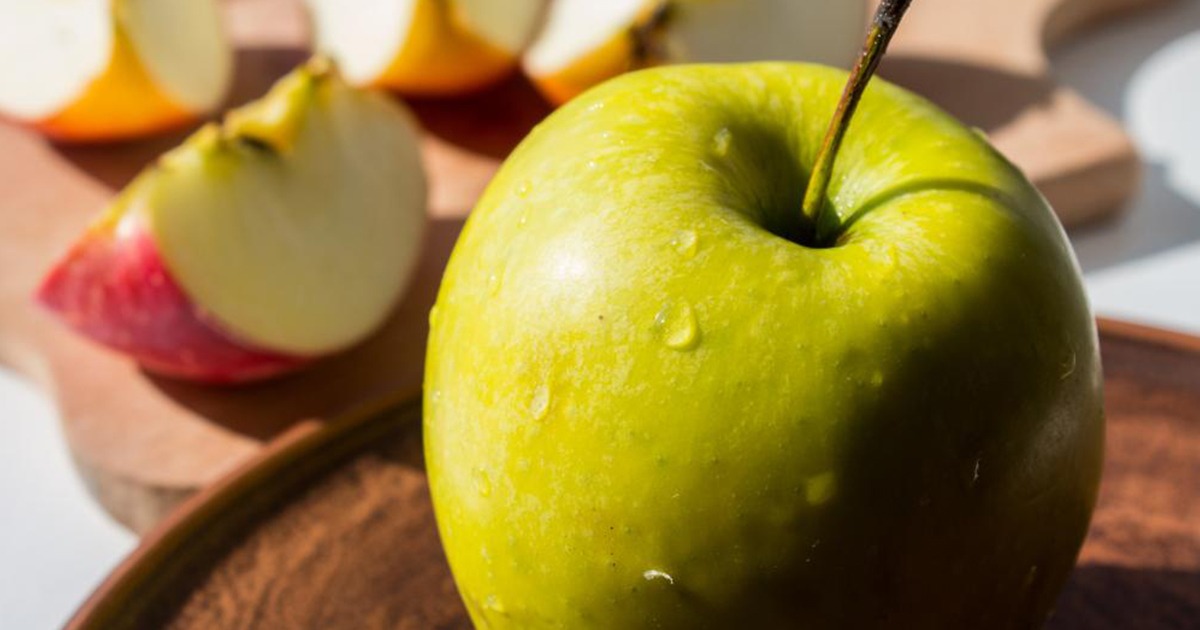Proven Plants That Are Kidney-friendly

Chronic kidney damage is progressive. There are commercially-available drugs to help delay the progression. A new study published in the Journal of Evidence-Based Integrative Medicine in March 2022 has validated more plants for kidney health care. These findings may provide some alternative options for kidney health.
Plants have been used as a natural therapy for long history. They are often regarded as a relatively safe source of many active compounds. The use of herbal therapy has shown some beneficial effects from their ability to boost antioxidant defence mechanisms in the body. In the new study, their pre-clinical research about using plant-based therapies combined with conventional therapy in both vivo and vitro experiments has demonstrated remarkable benefits. Plants proven to be beneficial to kidney health include Rhubarb, Astragalus, Cordyceps Sinensis, Grape, Ginger, etc.
Although the results are seen as relatively successful in the pre-clinical research, it also shows some limitations. Some of the therapies show side effects such as nausea and stomach upset. Although natural products are often seen as safer than traditional drugs, some researchers are concerned about the nephrotoxicity and other health issues caused by popular complementary and alternative medicine. However, the study researchers believed that it is safe
There are a variety of plants that are good for health. In addition to the plants mentioned, the plant-based formula used in DTS is also scientifically proven to support kidney and liver health. Panax Pseudoginseng and Eucommia (Leaf, Wood, Berry) have been used to support kidney, liver, and blood quality for a long history. The patented method extracts the high-quality essence of the ingredients and provides excellent health effects with minimized side effects, making it safe for both healthy individuals and people with weak kidney health.
*Note: DTS is a natural health supplement designed for health support only, it is not a treatment or cure for any diseases.
- * All research and clinical data should be used as reference purposes only, results may vary.




